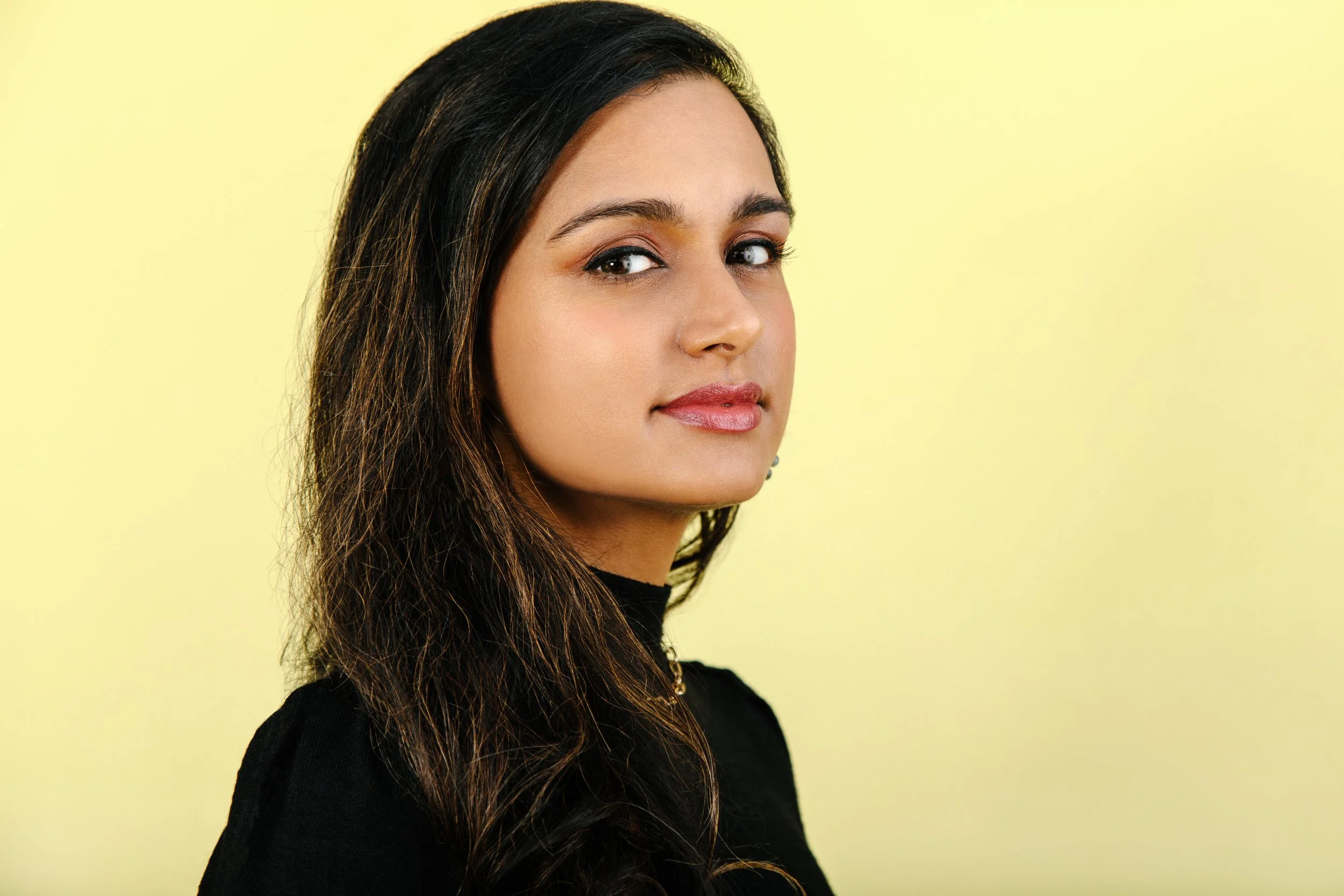Impact Interview: Samira Khan
What are you working on these days?
My purpose is to empower some of the most vulnerable communities with freedom and voice. I aspire to use technology as a platform to democratize social innovation by building community and better matching critical global challenges to types of capital (social, intellectual, financial, etc.).
My personal mission is, “Empathy is the most powerful force to rewire hearts and minds for the greater well-being of society — without empathy, purpose means nothing and sustainability is impossible.” So, I take an empathy-first-and-out approach. Once there is empathy and appreciation for another human’s lived experience, the connections and investments will follow. So the question becomes: “What role can tech play in deepening empathy across diverse and distant (often divergent) communities?”.
There are many different ways to assess vulnerability: through degrees of economic freedom, cultural constraints, conflict zones, climate-related risks, humanitarian crises, etc. The goal is to remove or mitigate/alleviate these using tech while not creating further barriers.
By day, I work within Microsoft’s Corporate External Legal Affairs (CELA) organization, as a part of Global Public Affairs. The team which I am on is focused on supporting our Government Affairs colleagues globally through tech and the sharing of relevant insights across markets. The field of human intelligence enables global, cross-market learning as we build toward the future.
By night, I am passionate about supporting global changemakers by offering my insights and guidance, amplifying their life journeys and work or stories, and helping them identify purpose-centred career opportunities relating to social impact and sustainability.
What was the “aha” moment that sparked your interest in social impact?
I trace my social impact roots to my childhood and the stark contrast I witnessed between dire poverty in South Asia and the comfortable American suburban life that I enjoyed. I found the inequity incomprehensible and attributed it partly to flawed geopolitics at the expense of basic human rights. This also explains my early and deep interest in philosophy, spirituality, dreams, and the arts, which all shape human values.
Throughout my adolescence, I considered service-oriented professions like teaching, medicine, and law, and later, I thought government or policy was the best institution from which to have an impact at scale due to the principles put into practice and the breadth of human services provided (healthcare, education, protection, etc.). I did many community service projects and constantly wore an equity lens connected to my identity (female and of South Asian descent).
Through a series of events, I later joined strategy consulting, focusing first on the public sector and then on impact. Eventually, I landed in the tech sector, which enabled me to combine my love for problem-solving with tech and its unrivalled capacity to scale and transform societies/cultures. In short, I’ve organically carved my path over time, empowered with intuition.
How did you break into the social impact space?
Choosing a lever from which to have an impact and envisioning how you’ll leverage your skills, expertise and strengths is key. After earning a Master's in Public Policy, I began my career focused on government as a conduit; thus, I did internships with the UN, and projects with the U.S. Federal and Abu Dhabi Governments.
At the same time, I was tracking the corporate social responsibility space closely. After swiftly learning that government-induced change can be slower, I aimed to join a broader movement to catalyze change through for-profit models or corporations and social enterprises alike.
Through consulting, I gained global experience in working with both governments and a variety of corporations and industries. I combined that experience with what I studied at undergrad and grad school: tech, policy, ethics, and human rights, to discover and co-create opportunities to use tech for good. With these opportunities, I tried to anchor my strengths in listening, community building, creating and storytelling.
So, I would [advise all social impact job hunters] to have a centre of gravity and focus (or a few); wander and explore a bit; never stop learning; leverage your strengths and discover your superpowers along the way to bring your vision to life.
Working in social impact is often about driving change. What is the skill or trait that has been most important for your work as a change agent? How did you learn or hone it?
Listening is critical to social impact because we are trying to solve such difficult or wicked global problems around hunger, climate change, education, economic mobility, health, inequality, water scarcity and more, that involve numerous stakeholders with diverse incentives and different cultures. Patient listening empowers us with the insights to engage in the type of visionary work, relationship building and strategic execution required to accelerate impact and rewire systems. Catalyzing change relies on mobilizing resources, and listening not only provides the knowledge to make that happen but also creates a circle of trust from within which people can co-create.
What most excites you about the social impact space right now?
I am fascinated by how polarizing generative AI has been for the world or various factions. I view polarization as an opportunity to re-write the rules and norms around income disparity and inequality — if done well and with a conscious focus on ethics.
Also, the race to innovate may lead to the acceleration of technology and resources to innovate in the hands of poorer communities, imbibing them with new ways to sustain their livelihoods. At the same time, new capabilities may force us to deliberately focus on slowing down, dedicating more resources to climate and community, and re-examining blind consumption and its bidirectional relationship with productivity at any cost.
FOR MORE IMPACT INTERVIEWS ALONG WITH CURATED NEWS, JOBS AND INSIGHTS FROM THE WORLD OF SUSTAINABLE BUSINESS, SIGN UP FOR THE RECONSIDERED NEWSLETTER.

